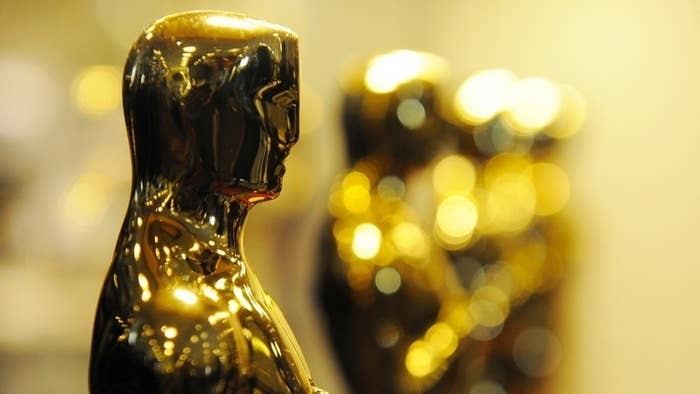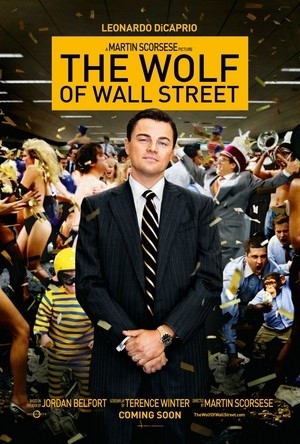
I still remember the shock I felt when, at nine years old, I saw Emma Watson playing Hermione in the first Harry Potter movie. “She’s too pretty,” I hissed at my brother. In my mind, Hermione had hair at least double the size of my own, teeth with a gap that was noticeably larger than the one I sported and glasses — the one trait we didn’t share, making me only slightly cooler than she was. I sulked through the entirety of the film, refusing to cheer Harry on because of Hermoine’s pre-teen good looks.
Watching the film adaptations of books can often be cringeworthy. Details are bound to be changed in ways that are typical of Hollywood: endings that were tragic are made happy, love triangles are created where none existed, female characters don’t meet your childhood expectations for homeliness. Sometimes, though, films are surprisingly true to the literature they’re inspired by or make changes that you couldn’t have anticipated.
Many of this year’s Oscar-nominated films are based on books. Even the smaller categories, like “Best Original Score,” are populated by literary adaptations (e.g. The Book Thief by Markus Zusak). The biggest films up for Oscars are nearly all book adaptations, and each has some noticeable changes from their literary counterparts — some surprising and some so expected that they’re eye-roll worthy. So is the book always better than the movie? Read this list about where they diverge and decide for yourself.
SPOILER ALERT: Do not continue reading if you’re not up to date on this season’s Oscar picks.




